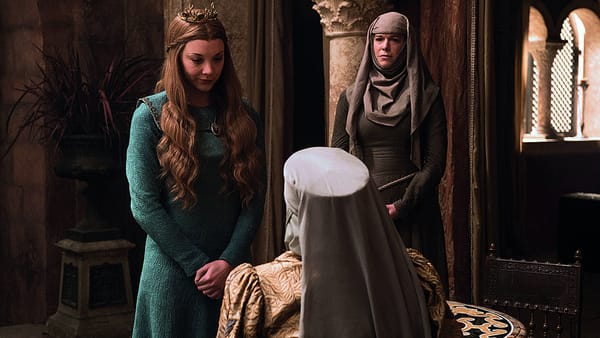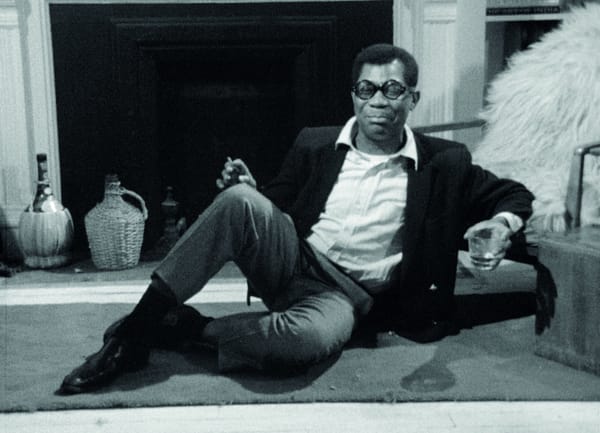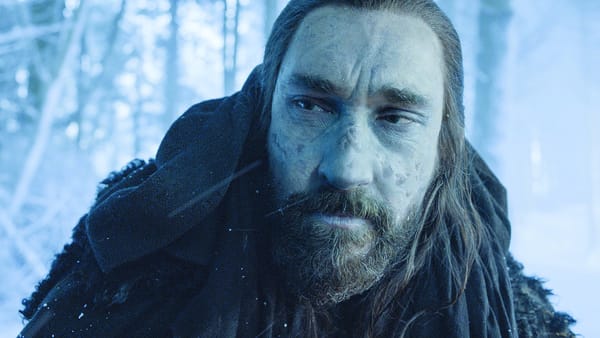Versus: The Life and Films of Ken Loach
The FELIX review

For an anti-establishment radical, Ken Loach cuts an unlikely figure. A polite man approaching 80, whose latest work, I, Daniel Blake, won the Palme d’Or at this year’s Cannes, Loach is one of the world's most feted directors, but his inoffensive appearance belies the raw power contained in his films. Over the last five decades, Loach has been directing films in a raw, realist style, which revolve around issues of social and political justice. As well as this year’s Palme – his second – 2016 sees the release of Versus: The Life and Films of Ken Loach, a documentary charting his ups and downs. In the film world, such a work is equivalent to a retrospective – a crowning achievement capping off an illustrious career.
One of the key themes in both Loach’s oeuvre and the film is capital versus labour. Coming from a working-class, Northern background, Loach managed to attain a place at grammar school, and then went on to Oxford, where he was pushed up against the children of the establishment, whose privilege manifested itself as a sense of entitlement. Loach began his creative career at an auspicious time, when the BBC was expanding its operations, setting up their Wednesday Play series, for which Loach directed ten films, including the lauded Cathy Come Home (1966), an unflinching look at homelessness and its impact on the family structure which led to people for years afterwards trying to give money to lead actor Carol White in the street, convinced she really was destitute.
The current climate in British culture cannot be ignored, and while the documentary does point out that Loach came out of ‘retirement’ shortly after the most recent election, much of the criticism of the current system must be inferred. The fact that the majority of the actors, screenwriters, and directors who serve as talking heads in the film are working class strikes a contrast to the typical cross-section of this generation of artists – think of Tom Hiddleston, Benedict Cumberbatch, et al. This lack of working class mobility, combined with the current wholesale attack on the BBC, makes one think that Loach is most definitely a product of his time, and would be unlikely to make it today.
The other main antagonism explored is art versus commerce: Loach’s refusal to waver from his political beliefs led to a number of his films being banned, and a period in the 1980s (the most fertile time for protest, anger, and dissent) where he didn’t have the money to work at all. In order to make a living, he directed adverts for – among others – Nestlé and McDonald’s, something that still weighs heavy on his conscience. Interviews with his family help to break down the image we have of Loach as a po-faced crusader, with his children betraying his love of glossy musicals, which one daughter puts down to a desire for escapism. Well, when the subject matter you’re working with typically revolves around injustice, brutality, and anger, a little bit of MGM glamour is excusable.
The film ends on a triumphant note, with Loach’s resurgence in popularity, following his first Palme d’Or win in 2006 for Irish Civil War film The Wind that Shakes the Barley. Director Louise Osmond suggests that Loach may be more well regarded in continental Europe than the UK, a claim that has weight when we consider the home reaction to The Wind that Shakes the Barley, which saw critic Simon Heffer compare Loach to Hitler, despite not having seen the film. While the film was completed just before his most recent win, it makes an independent case for valuing Loach – one of this country’s most vibrant, steadfast, and engaging filmmakers.










